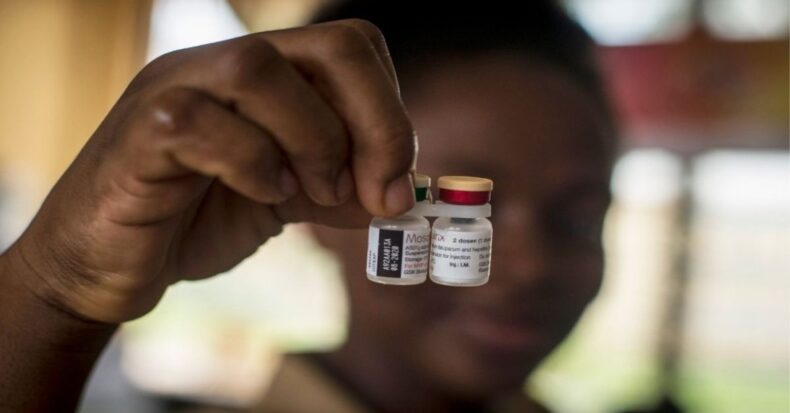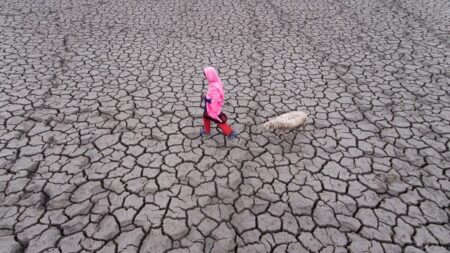The new malaria vaccine RTS, S/ AS01, also known by the trade name Mosquirix is the world’s first-ever Vaccine offering immunity against a parasite – specifically the plasmodium falciparum parasite, the deadliest of the five parasites that cause Malaria.
What does this mean for public health and infant mortality is that creating a vaccine to protect against bacteria or viruses is not that simple. It is even more complicated with the case of parasites.
This Vaccine that has been under research for more than 30 years to get approved by the World Health Organization (WHO) could be seen as a revolutionary moment in healthcare. Because it can now be used to prevent this deadly disease, which has been causing many deaths.
ABOUT THE MALARIA VACCINE
The Vaccine will not prevent Malaria and its occurrence, but it could bring a moderate reduction of severe infections and deaths among children. The Vaccine received a favourable opinion from the European Medicines Agency in 2015, paving the way for an evaluation by the WHO, which eventually led to its approval.
GlaxoSmithKline (GSK), the UK based multinational pharmaceutical company, developed the malaria vaccine. With the help of PATH and Bill & Melinda Gates Foundation (BMGF), the Vaccine was able to enter clinical trials in 2001. Mosquirix is to be given in three doses in a period ranging between 5 and 17 months of age, with the fourth dose one and a half years later.
MALARIA IN INDIA
According to a Lok Sabha response in July, Malaria in India is constantly declining as the years pass. Recorded cases of more than 10.87 lakh and about 331 deaths which was the condition in 2016, has been significantly reduced into malaria cases of just over 28,000 and about 18 deaths as of June, the response read.
Malaria in India is mainly present in the eastern and central parts. India is accounted for about 86% of all malaria deaths in the WHO South-East Asia Region in 2019.
WHEN WILL THE MALARIA VACCINES HIT THE INDIAN MARKET?
According to industry insiders and experts, vaccines for Malaria and dengue could take at least two to four years to hit the Indian market. Several candidates are working with Bharat Biotech, Serum Institute of India (SII), and Zydus Cadila, all working on developing or manufacturing anti-malarial vaccines.
The Chief executive officer of the Serum Institute of India, Adar Poonawalla, was not available to comment on when he wished to start the Indian arm of the trial. So any news on tests for India is yet to be officially confirmed.
Serum Institute of India, the world’s largest vaccine maker, and Novavax are now collaborating for the phase-3 clinical trials conducted on over 4,800 children in four African countries, the Oxford University’s Jenner Institute’s malaria vaccine.
The Vaccine has shown 77 per cent efficacy in trials on infants and is the first Vaccine to cross the World Health Organization’s (WHO) target of 75 per cent efficacy.
WHO WILL BE HAVING THE FIRST PRIORITY WHEN THE VACCINES ARE MADE AVAILABLE?
Initially, almost all the vaccines will be targeted at African countries. Being one of the most affected areas due to Malaria, African countries will be the first to receive the vaccines. GSK’s Mosquirix, which the Bharat Biotech will produce, is initially for African countries.
The tech transfer of the Vaccine has begun. The antigen (for creating an immune response) RTS, S will be made by Bharat Biotech, while GSK will supply the adjuvant (which enhances the body’s immune response to an antigen).
(With inputs from multiple media outlets)
Author: James Thomas
Genre: Health
SOCIAL MEDIA HEADLINES
1. Malaria’s first Vaccine! What does it mean for the Poor and Healthcare?
2. How could the Malaria Vaccine play the role of a Game-changer in healthcare?













